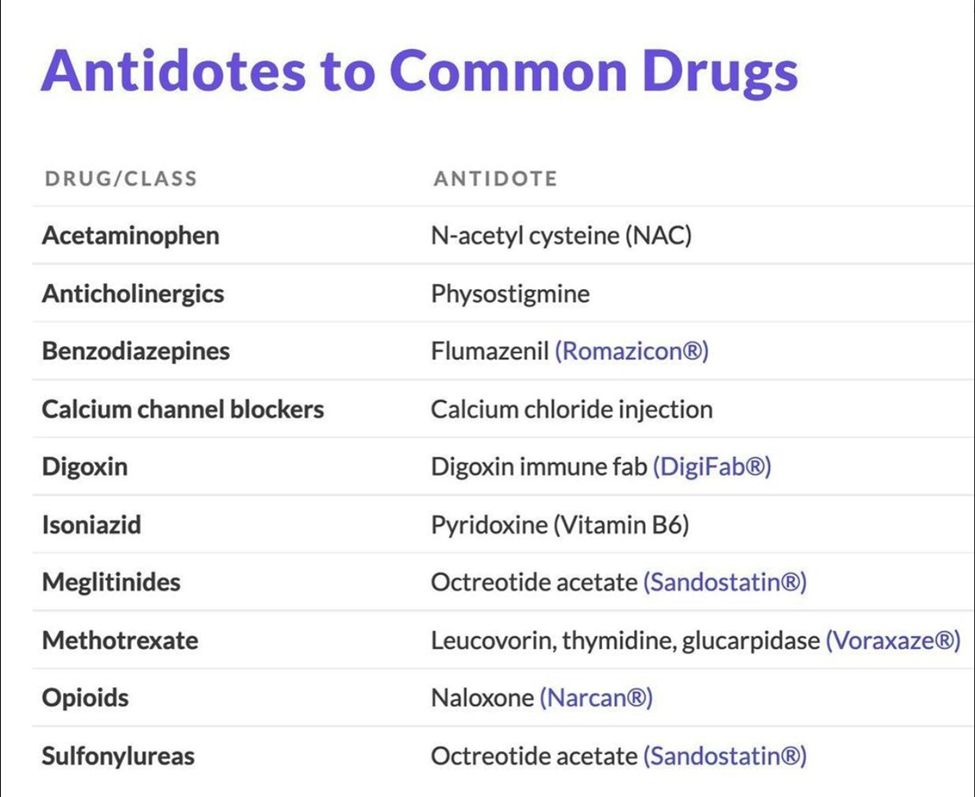A woman gives birth to a 28 week infant. The infant is scheduled to receive caffeine citrate after birth. The mother asks, "Why are you giving my baby stuff that is in coffee?' What is the nurses best response?
"It will help your baby gain weight faster."
"Caffeine can help your baby breathe better."
"This isn't the same substance that is in coffee."
"The baby's temperature will be warmer with caffeine."
The Correct Answer is B
A. "It will help your baby gain weight faster."
This statement is not accurate. Caffeine citrate is not given to help with weight gain; its primary use is to stimulate the respiratory center in preterm infants and improve breathing.
B. "Caffeine can help your baby breathe better."
This is the correct response. Caffeine citrate is commonly used in premature infants to stimulate the respiratory center, leading to improved breathing. It is a standard treatment to reduce the risk of apnea of prematurity.
C. "This isn't the same substance that is in coffee."
While caffeine citrate is derived from caffeine, this statement might be confusing and does not directly address the specific benefits of caffeine citrate for preterm infants.
D. "The baby's temperature will be warmer with caffeine."
This statement is not accurate. Caffeine citrate is not used to affect the baby's temperature; its primary effect is on the respiratory system.
Nursing Test Bank
Naxlex Comprehensive Predictor Exams
Related Questions
Correct Answer is D
Explanation
A. Calm the patient to reduce acid production.
This description is not accurate for sucralfate. Calming the patient to reduce acid production is typically associated with medications like proton pump inhibitors (PPIs) or H2 receptor blockers.
B. Block the H2 receptors.
Blocking H2 receptors is the mechanism of action for H2 receptor blockers, such as ranitidine. It is not the mechanism of action for sucralfate.
C. Neutralize the gastric acids.
Neutralizing gastric acids is the mechanism of action for antacids, such as aluminum hydroxide or calcium carbonate. Sucralfate works differently; it forms a protective coating on the gastric lining rather than directly neutralizing acids.
D. Coat the gastric lining.
This is the correct mechanism of action for sucralfate. It forms a protective coating on the gastric lining, adhering to the ulcer site and providing a barrier against gastric acid.

Correct Answer is B
Explanation
A. Butorphanol
Butorphanol is a mixed opioid agonist-antagonist. It has both agonist and antagonist properties at opioid receptors. While it can be used for pain management, it is not commonly used for opioid overdose reversal.
B. Naloxone
Naloxone is an opioid receptor antagonist and is the drug of choice for reversing opioid overdose, including morphine overdose. It works by competitively binding to opioid receptors, blocking the effects of opioids.
C. Flumazenil
Flumazenil is a selective antagonist for benzodiazepines. It is used to reverse the effects of benzodiazepine overdose but does not have an effect on opioid overdose.
D. Pentazocine
Pentazocine is a mixed opioid agonist-antagonist. Like butorphanol, it has both agonist and antagonist properties at opioid receptors. It is used for pain management but is not commonly used for opioid overdose reversal.

Whether you are a student looking to ace your exams or a practicing nurse seeking to enhance your expertise , our nursing education contents will empower you with the confidence and competence to make a difference in the lives of patients and become a respected leader in the healthcare field.
Visit Naxlex, invest in your future and unlock endless possibilities with our unparalleled nursing education contents today
Report Wrong Answer on the Current Question
Do you disagree with the answer? If yes, what is your expected answer? Explain.
Kindly be descriptive with the issue you are facing.
